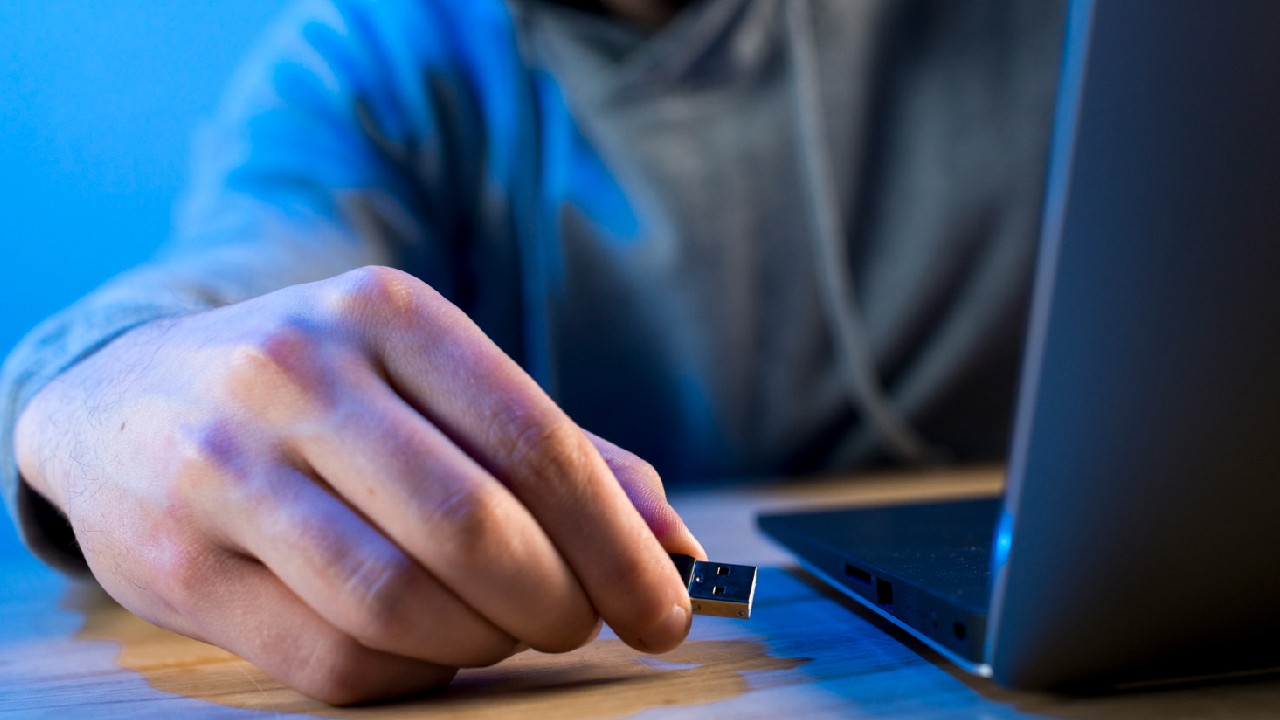In today’s fast-paced digital world, having a well-optimized computer is crucial for smooth and efficient performance. Whether you use your computer for work, gaming, or leisure, optimizing its performance can greatly enhance your overall experience. In this article, we will explore effective methods to optimize your computer for peak performance and ensure it runs at its best. From software tweaks to hardware upgrades, we’ve got you covered.
1. Clear Out Unnecessary Files and programmes.
Over time, your computer accumulates temporary files, caches, and unnecessary applications that can slow it down. Start by running a disc cleanup utility to remove these files, creating more storage space and boosting performance.
2. Update the operating system and drivers.
Regularly updating your operating system and drivers ensures that your computer benefits from the latest bug fixes and optimisations. This practise not only enhances performance but also enhances security.
3. Utilise an SSD for Faster storage.
Consider upgrading your traditional hard drive to a solid-state drive (SSD). SSDs offer significantly faster read and write speeds, leading to quicker boot times and improved responsiveness.
4. Upgrade Your RAM for Improved multitasking.
Increasing the amount of RAM in your computer allows it to handle multiple tasks simultaneously without slowing down. This is especially useful for users who run memory-intensive applications.
5. Keep Your Computer Dust-free.
Dust and debris can accumulate inside your computer, leading to overheating and reduced performance. Regularly clean the internal components, such as fans and heatsinks, to maintain optimal temperature and performance.
6. Optimise Startup Programmes
Disable unnecessary programmes from starting up on your computer. This not only reduces boot time but also frees up system resources for more critical tasks.
7. Manage Power Settings for efficiency.
Adjust your computer’s power settings to strike a balance between performance and energy efficiency. Opt for high-performance mode when needed and switch to power-saving mode when running on battery.
8. Defragment Your Hard Drive
If you’re using a traditional hard drive, regular defragmentation can help organise data for faster access and improved performance. However, note that SSDs do not require defragmentation.
9. Enable Hardware acceleration.
Modern computers and web browsers support hardware acceleration, which offloads certain tasks to your computer’s GPU for faster rendering. Make sure this feature is enabled for optimal performance.
10. Use reliable antivirus software.
Protecting your computer from malware and viruses is crucial for maintaining peak performance. Install reputable antivirus software and keep it updated regularly.
11. Disable Animations and Visual effects.
While visual effects can be aesthetically pleasing, they consume system resources. Disabling or reducing animations can lead to smoother performance, especially on older computers.
12. Manage Browser Extensions
Unnecessary browser extensions can slow down your web browsing experience. Remove or disable extensions you don’t use to speed up your browser.
13. Perform Regular System maintenance.
Perform routine maintenance tasks, such as disc cleanup, disc error checks, and system updates, to ensure your computer remains in top shape.
14. Monitor and Manage temperature.
High temperatures can lead to performance throttling and even hardware damage. Monitor your computer’s temperature and take necessary measures, such as improving airflow, to keep it cool.
15. Consider Overclocking (with Caution).
Overclocking your CPU or GPU can boost performance, but it should be done with caution and only by experienced users. Overclocking can lead to increased power consumption and may void warranties.
FAQs
Yes, many of the optimisation techniques mentioned in this article will benefit gaming performance as well.
It’s recommended to clean the dust inside your computer every few months, depending on your environment.
Yes, overclocking can lead to increased heat generation and potential hardware damage if not done correctly.
While some users prefer manual updates, most operating systems offer automatic driver updates for convenience.
Yes, many of the optimisation techniques in this article can be performed without any additional cost.
Conclusion
Optimising your computer for peak performance is essential to ensure it runs smoothly and efficiently, whether you’re a professional or a casual user. By following the tips mentioned in this article, you can enhance your computer’s performance and make the most of its capabilities.

